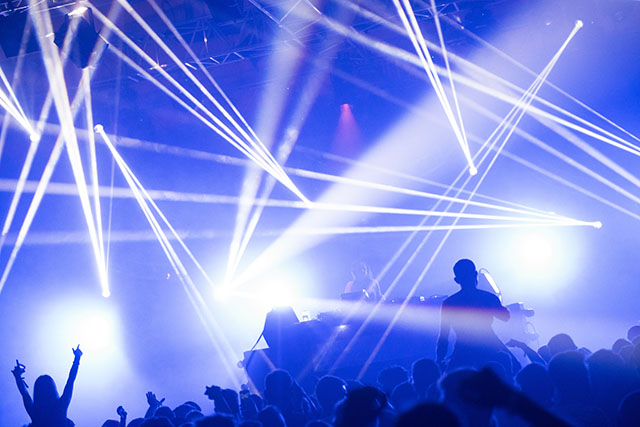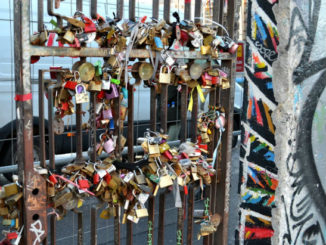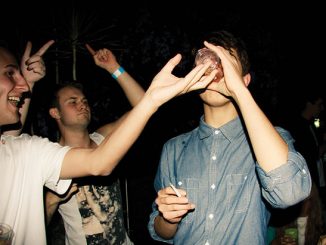
[dropcap]O[/dropcap]ctober 22nd is a date many have tagged as the pinpoint for the easing of restrictions and the resumption of nightclub activity, but as D-Day looms what has replaced COVID-19 under the microscope is Ireland’s relationship with alcohol related events.
Just last month, Minister for Arts and Culture Catherine Martin announced intentions for measures that would see Irish licensing laws modernised in the ‘Night-time Economy Taskforce’ report.
Such plans include strategies to see cafes, museums and galleries stay open after dark, with disco closing times capped at 6am, in line with many metropolitan cities of Europe.
The programme, which Martin believes will incite a “rebirth of Ireland’s nightlife,” scheduled a pilot nightclub event for 450 people at the Button Factory in Temple Bar on September 30th, in preparation for this week’s reopening at 100 per cent capacity.
Meanwhile the late night national cultural facilities’ trials are to take place in spring of 2022, with no visible action as of yet yielding from the report.
Such a limitation of entertainment amenities after business hours “detracts people from going into town” according to Robbie Kitt, a spokesperson for the nightlife diversification group Give Us The Night Ireland.
“Having such little options doesn’t really produce a healthy environment at night in this country,” Kitt said.
“Whether it be museums, restaurants, cafes, or community and art spaces that are allowed to open late, these are things that are very doable and not unsafe.
“There’s no real reason why we don’t have these places. It really just seems it’s in the interest of certain business sectors not to have these as they feel it would impact on their business model.”
With examples to look at ranging across Europe from Berlin, Lisbon and London, the precedent already in place yields more than just a well-being benefit to a country too.
“Having a vast variety of options that people can engage in outside the consumption of alcohol will make the night-time economy accessible to people of all ages,” Kitt said, adding that “if you look at other countries around Europe if there are a wide range of things to do at night those places are more attractive to tourists.”
“That’s something that we simply don’t have in this city. There’s no holistic approach to our policy, it seems as if we are just following the money and looking for the highest yield of tourists such as business or golf groups who don’t really need these things we’re talking about here.”
Catering to those very factions the spokesperson believes “sanitises” the city and “eradicates a lot of the colour and life” that had been present beforehand, culminating in a “cultural crisis” with a lack of creative spaces for performers and artists.
So, what does the future hold then? Kitt accepts it is “hard to know what moves the needle of public perception” but the continued engagement with the government and the revolutionisation of our Licensing Laws are to be the first step of the ongoing dance that is the innovation of nightlife in Ireland.
Alanna Cunnane
Image credit: Abtoine Jon onUnsplash



